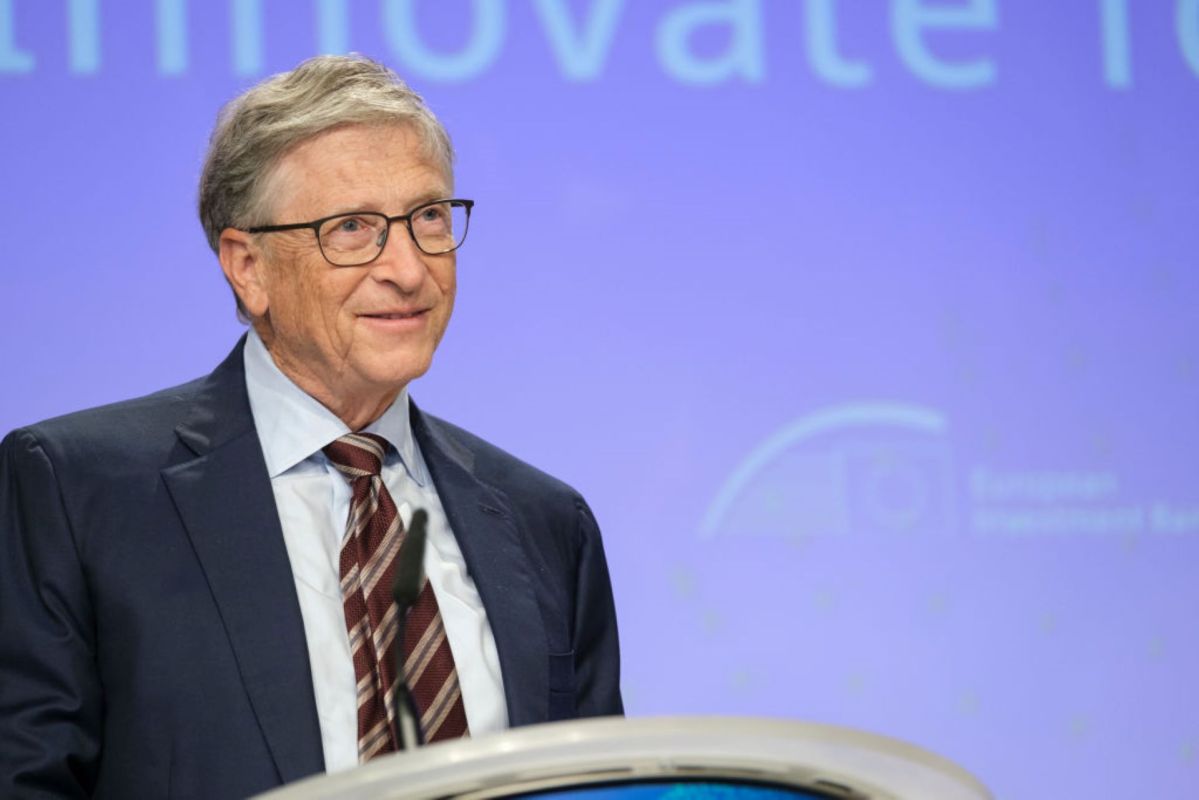Airplanes cause an enormous amount of pollution since they rely on dirty energy for fuel, with no viable alternatives currently in existence. However, one startup is seeking to change that, and it recently received a substantial investment from Microsoft founder Bill Gates to help it in its mission.
Viridos, a California-based company that was founded in 2011, focuses on turning microalgae into biofuel. The company hopes that its products can eventually become dense and energy-intensive enough to power airplanes and ocean frigates.
Viridos has developed a proprietary process that combines sunlight and carbon dioxide to produce microalgae, which is then converted into biofuel. This gives the company an advantage over other biofuel makers that rely on ethanol (corn) and soy biodiesel (soy). Instead of competing for crops that are part of the food supply, Viridos can simply generate its own material with minimal freshwater and no farmland required.
The need to revolutionize the air travel industry is clear, as aviation accounts for 2.5% of all global planet-overheating pollution, and passenger air travel represents the highest amount of pollution per individual user of any industry.
For billionaires like Bill Gates, who own fleets of private planes, the quantity of carbon pollution per individual is exponentially higher. As of 2023, Gates owned at least three jets, two helicopters, and an amphibious prop plane. In 2022, he reportedly took 392 flights on private jets, averaging more than one per day. He has referred to the jets as his "guilty pleasure."
However, Gates has also said that he should be exempt from criticism about his private jet usage because of his investment in clean energy companies like Viridos and his use of the controversial practice of buying carbon offsets.
"I'm comfortable with the idea that not only am I not part of the problem by paying for the offsets," he has said, "but also through the billions that my Breakthrough Energy group is spending, that I'm part of the solution."
In any case, a viable planet-friendly alternative to the polluting fuels that are currently used in airplanes would be a welcome development.
Join our free newsletter for weekly updates on the coolest innovations improving our lives and saving our planet.









